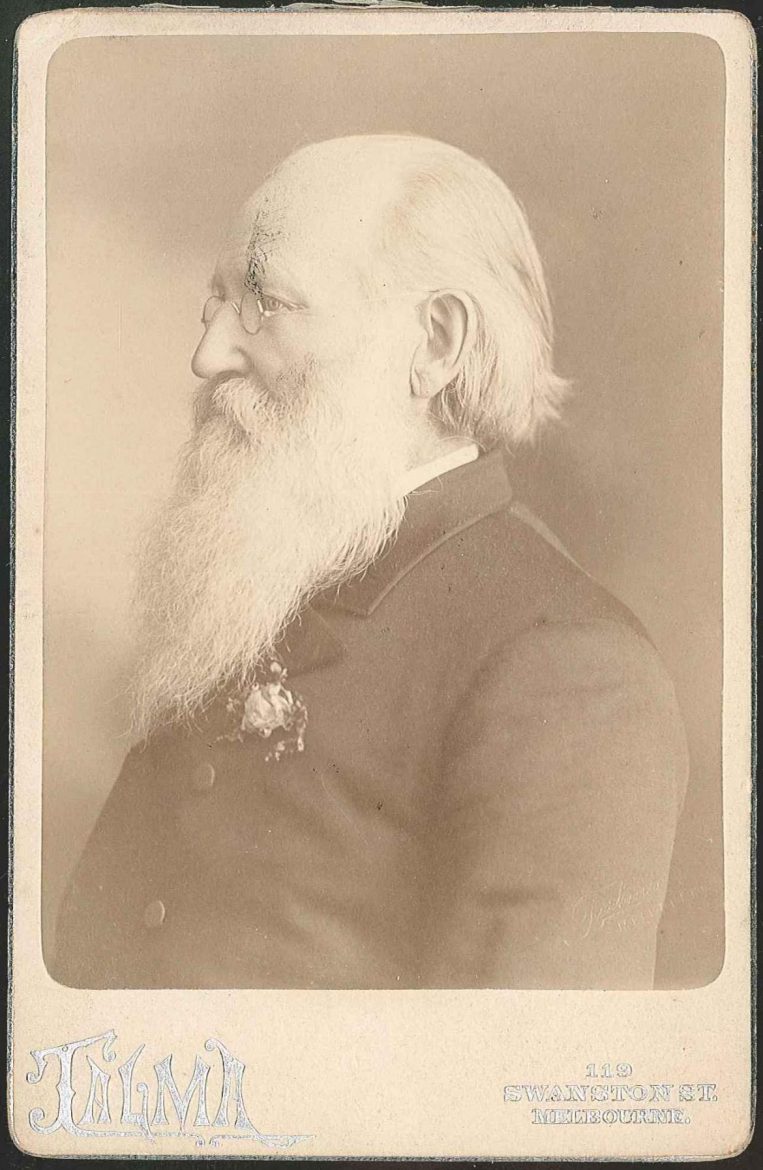
The cloistered nature of Shaker life and their choice to be separated from the outside world often leads to the perception that Shakers had little to do with the land and people beyond the boundaries of their communities – or, that their interaction with outsiders was limited to the essentials of business relationships and the invitation […]
The cloistered nature of Shaker life and their choice to be separated from the outside world often leads to the perception that Shakers had little to do with the land and people beyond the boundaries of their communities – or, that their interaction with outsiders was limited to the essentials of business relationships and the invitation to the public to witness their Sunday morning worship. In fact, interaction with non-Shakers was common and often strengthened Shaker communities. The Shakers’ choice to be “in the world but not of the world” allowed them to “pick the meat and leave the bone,” – carefully navigating their way through the distractions of the outside world to build relationships beneficial to advancing their faith. These relationships sometimes took the form of particularly close friendships. At the North Family at Mount Lebanon there were a few such people – men such as Robert White, Joseph Tillinghast, Jeremiah Hacker, and the subject of this post – James Martin Peebles. These men were so in accord with Shaker belief and practice that they were seen as Shakers in the “outer court” or “associate Shakers.” Some, such as Robert White, tried the committed Shaker life but never successfully separated from the world.
James Martin Peebles was of Scottish stock, and by way of Protestant Northern Ireland, and his parents’ settlement in Vermont, was born March 22, 1822, in Whitingham, several miles north of the Massachusetts border. Peebles was a complicated person. He was an excellent student and completed a course of studies in Latin, Greek, and classical literature at the Oxford Academy in Oxford, New York. At twenty, Peebles was ordained a Universalist minister, preaching in churches in Oswego and Elmira, New York, and Baltimore, Maryland. While his career path seems pretty standard for an excelling academic, James seems to have had a bit of a “new-age” (at least the nineteenth-century version of “new-age”) side to his life. He had been an advocate and follower of the dietary-reform teachings of Sylvester Graham, and when the Fox Sisters and their communications from the spirit world became known, he chose to fully embrace Spiritualism. He became a medium, surrounded by a “band of angels” who gave him inspiration and guidance. He became a prolific writer and lecturer. At age thirty, Peebles married Mary Conkey, a teacher in Clinton, New York. Mary was well educated, refined, and was a skilled painter. She later became a spirit artist – embracing James’s passion for Spiritualism. The couple eventually settled in Hammonton, New Jersey. James was a traveler and was often away while Mary preferred to stay homebound. While clearly wanting a family, none of their natural children survived infancy, and an adopted son died at the age of ten.
Peebles had started a medical study as a youth but not until age fifty-four did he complete a medical degree at the University of Medicine and Surgery in Philadelphia. He practiced in Philadelphia and operated a sanitarium at his home in Hammonton. A series of sanitariums followed – in 1892 he founded one in San Antonio, Texas; in 1894, one in San Diego, California; in 1896 a branch in Indianapolis, Indiana; and finally in 1902, founded the Peebles’ Institute of Health in Battle Creek, Michigan. During this time he continued to travel and write. He published the Temple of Health Journal and was a frequent contributor to the Spiritualist journal, The Banner of Light. Peebles authored more than thirty books and pamphlets.
Of particular interest to the Shaker Museum was his relationship with Elder Frederick W. Evans at the North Family, Mount Lebanon. He and Elder Frederick had apparently become connected through their mutual interest in Spiritualism. Peebles often visited the North Family and through the kindness of that family traveled to England with Elder Frederick on missionary journeys in 1871 and 1886.
Peebles died on February 15, 1922 – living a half-dozen weeks less than a century.
Recently the Shaker Museum | Mount Lebanon received a gift of a collection of books and pamphlets written by Peebles. A number of the books make mention of the Shakers. Click here for a checklist of Peebles’s books now in the Shaker Museum’s Library.
Keep up the wonderful work
Thanks Tom. Doing our best. It is a very exciting time for the Museum. I think you will be pleased to hear about our future.